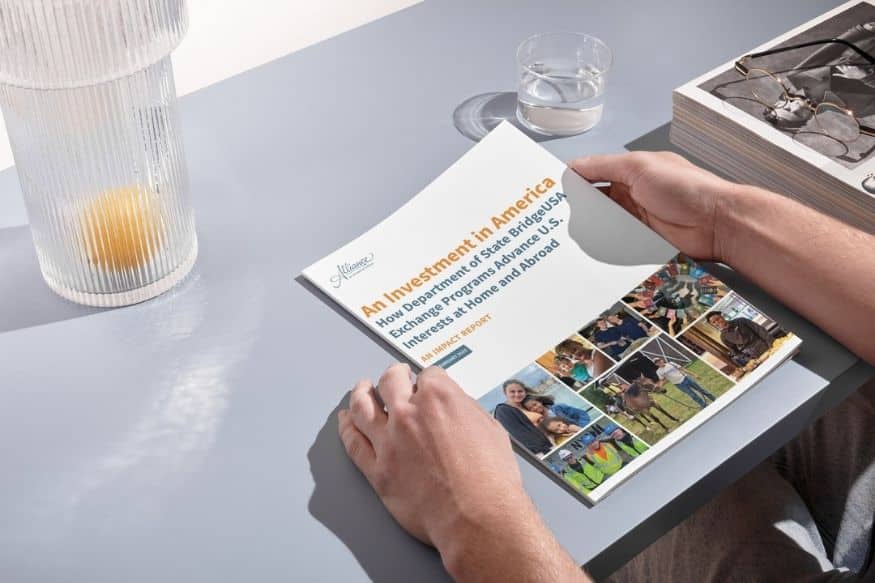Scammers are always coming up with new tactics to trick exchange participants into giving them money or personal information. We’ve noticed an increase in a few scammer trends and wanted to share them with you.

Imposter Scams
An imposter scam is when a scammer calls or emails you and pretends to be a government official, your bank, a distant relative, or someone you’ve met online. They ask you for your personal information and request that you wire them money right away. They even threaten deportation if you don’t pay. Here’s what you need to know to avoid imposter scams.
- Your social security number is private, and you should never give it to anyone over the phone or email. Do not carry your social security card with you; keep it in a safe place at home.
- Government officials (like from the IRS) or your bank will not call you asking for money. They’ll send a letter if they need to contact you.
- Do not send money or wire transfers to someone that you do not know.
- You do not need to answer your personal phone if you don’t recognize the phone number. The caller can leave a message, and you can call them back.
- Use secure passwords online.
- Only enter your credit or debit card information on official sites. Check your credit card and bank statements monthly for unapproved charges.
- Learn more about protecting your personal information and watch this short video about IRS imposter scams.

Housing Scams
A housing scam is when a scammer pretends to be a landlord or realtor, posts fake photos of housing online, and asks you to send them money to reserve the housing before you start your program. Here’s what you need to know to avoid housing scams.
- If a landlord pressures you to send money before you’ve seen the property and won’t talk to you on the phone, it is probably a scam.
- If the housing seems very affordable compared to your other options, like it is too good to be true, it is probably a scam.
- Do not send money to your landlord until you’ve met them in person, and you’ve seen the accommodation.
- Check out our housing and lease agreements guides for more tips on avoiding housing scams.
Another common type of fraud is when scammers pretend to be an exchange agency. Read our blog Avoid Scams and Stay Safe Online to learn more.
What To Do If A Scammer Contacts You
If you’re not sure if a scammer has contacted you, ask someone for help. You can reach out to your local InterExchange representative, your employer, or your host family. They will help you determine if it is a scam.
If you know a scammer has contacted you, hang up the phone or ignore the email. Save the evidence and report the scam to InterExchange.




